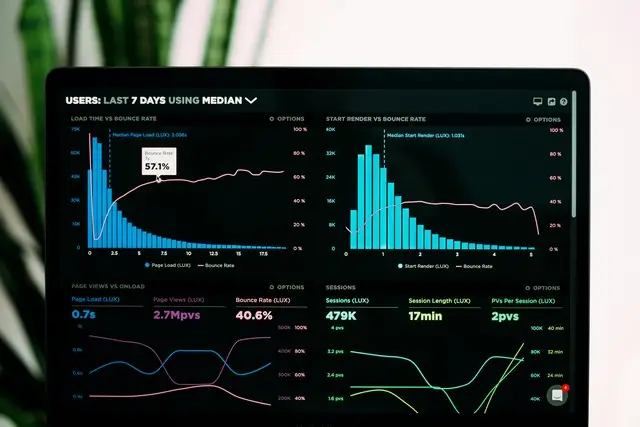Economic growth, typically measured by the increase in a country’s Gross Domestic Product (GDP), is a central concept in economics and has significant implications for society at large. From a sociological perspective, economic growth is not merely a matter of increasing output but involves complex interactions between social structures, cultural norms, and institutional frameworks. This essay outlines and explains economic growth from a sociological viewpoint, examining its dimensions, causes, and consequences while highlighting the interplay between economic and social factors.
Defining Economic Growth
Economic growth refers to the increase in the production of goods and services in an economy over a period, usually measured annually. It is often quantified by the rise in GDP, which encompasses the total value of all finished goods and services produced within a country’s borders. However, from a sociological standpoint, economic growth also involves improvements in the quality of life, social well-being, and the equitable distribution of resources.





